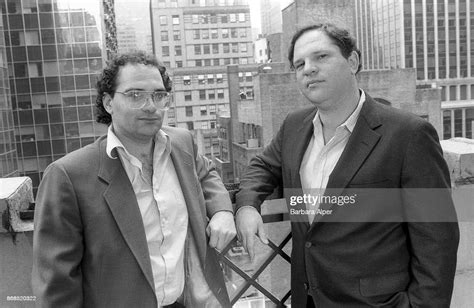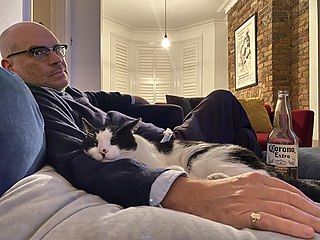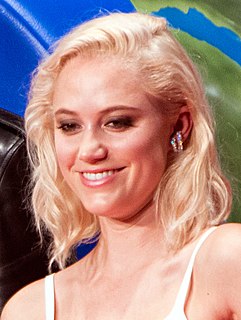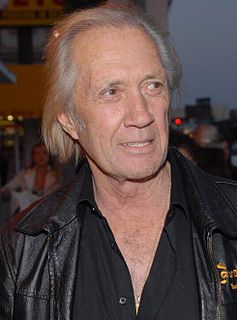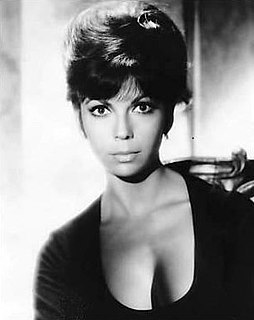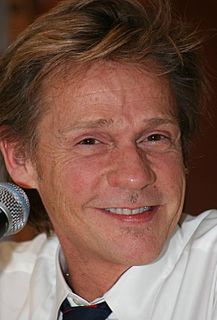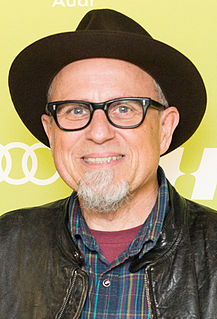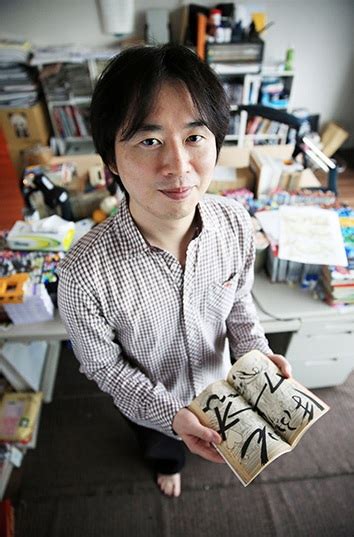A Quote by Bob Weinstein
Many people have vied to become the third Weinstein brother, and I'm not sure why, but that distinction only goes to one person - Quentin Tarantino.
Related Quotes
I like Quentin Tarantino, especially the early films, but I'm a big fan of Billy Wilder and Preston Sturges... you know, people were writing great dialogue back then. It's as if people only have the memory of the last 15 years. So, before Tarantino no one was writing witty dialogue? That's ridiculous. Why do we have to keep referring to Tarantino?
Just someone trying to shoot in 70mm deserves the nomination, and he[Quentin Tarantino] is shooting interiors, like tight interior shots, for that matter. Obviously [Quentin] is the director and demanding the shots, but all credit for the beauty of that film [Hateful Eight] goes to the director of photography.
I think that Hollywood should also be influenced by directors from Hong Kong. You see how Quentin Tarantino is really the example of how you can develop, and how you can go ahead if you accept the existence of different cinematic cultures. There you have Quentin playing with kung-fu. That's why the independents are the most interesting.
Quentin Tarantino was talking about Ordell a little bit, and I was like, "I'm sure Ordell is one of those people who thought Superfly was the greatest movie ever made." So he cuts his hair and straightens it, but he never has enough money to maintain it perfectly. So it's kind of nappy around the edges, straight and kind of puffed up. That's why he'd always keep it in a ponytail or a braid. We were just having fun and creating a distinctive character.
I like the way Quentin Tarantino creates a scene using a series of close-ups or showing very cool images of a person or people walking on some ordinary street in slow motion. I wish I could achieve that kind of slow-motion effect in manga, but it's rather difficult to draw; the only things we can play with are tones of black and white.
